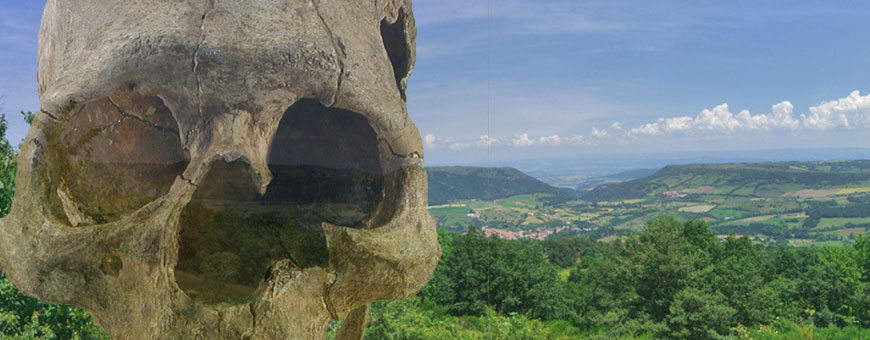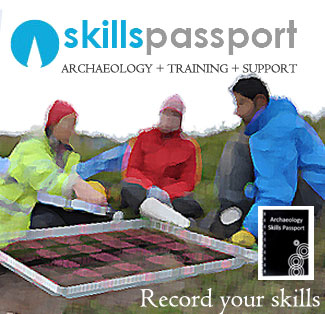Examples of undergraduate training and assessment in field skills

Research into self-assessment was carried out as part of the Inclusive Accessible Archaeology project, which resulted in the development of a self assessment tool kit (Embleton et al 2006). Prior to undertaking fieldwork students gauged their potential to undertake various archaeological tasks based on a self evaluation of their own abilities. Following fieldwork the student […]
Assesment examples for trainers

Some examples of the skills or techniques the students will be graded on and the different levels of ability that you should be looking for. This will give you some guidelines on how to access the various skills Total station. Novice: The student is able to operate the total station in terms of taking and […]
Guidelines for Assessors using the Skills Passport.

The Archaeological Skills Passport is a means of documenting the practical training that students and volunteers receive either during the course of an undergraduate degree or any archaeological fieldwork or project that they may be involved in. The passport contains a list of the practical skills and techniques that will be of benefit for those […]
Tool Competencies
Learn about the appropriate use and function of each tool, the circumstances of use, the benefits and potential issues in using the tool. From troweling to barrowing and spadework to shovelling.
Basic human osteology, skeletal analysis and curation of human remains

Interested in learning more about human remains or need to practice your osteology skills? Museums Luton is hosting one or two day human remains workshops as part of a project to further our understanding of health in and around Luton and allow people the opportunity to directly analyse human remains from the Roman and Medieval […]

